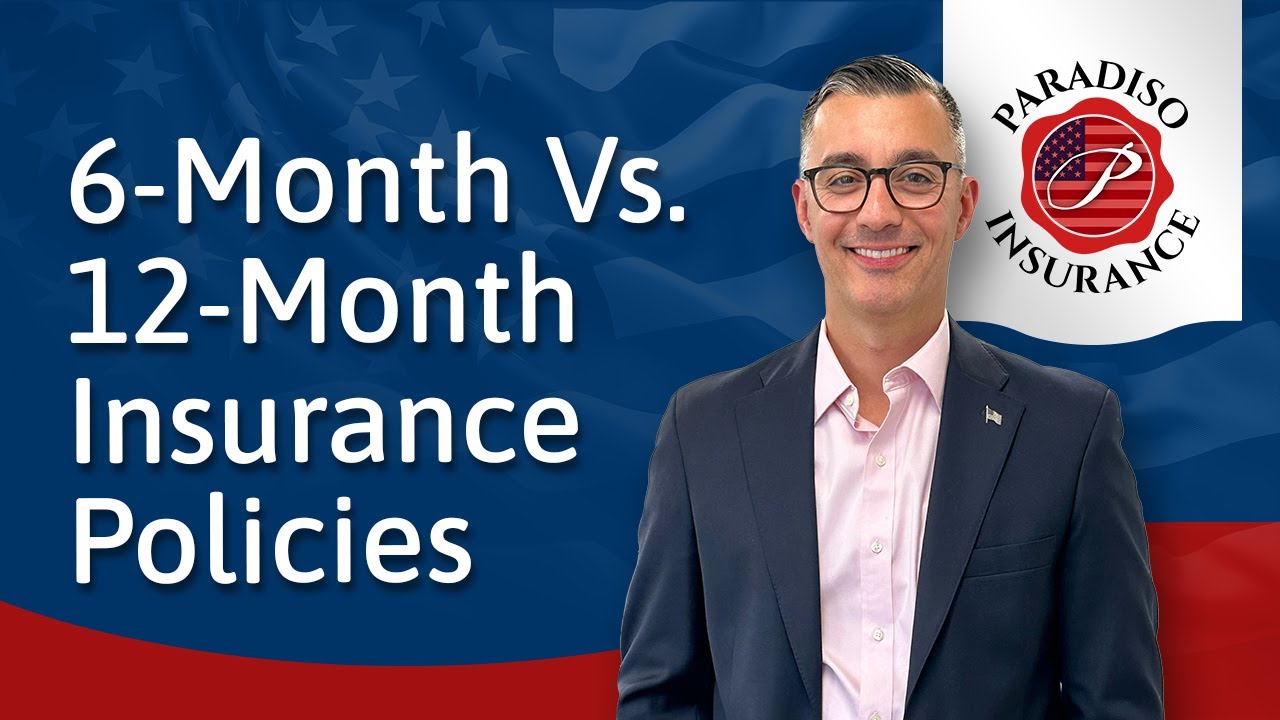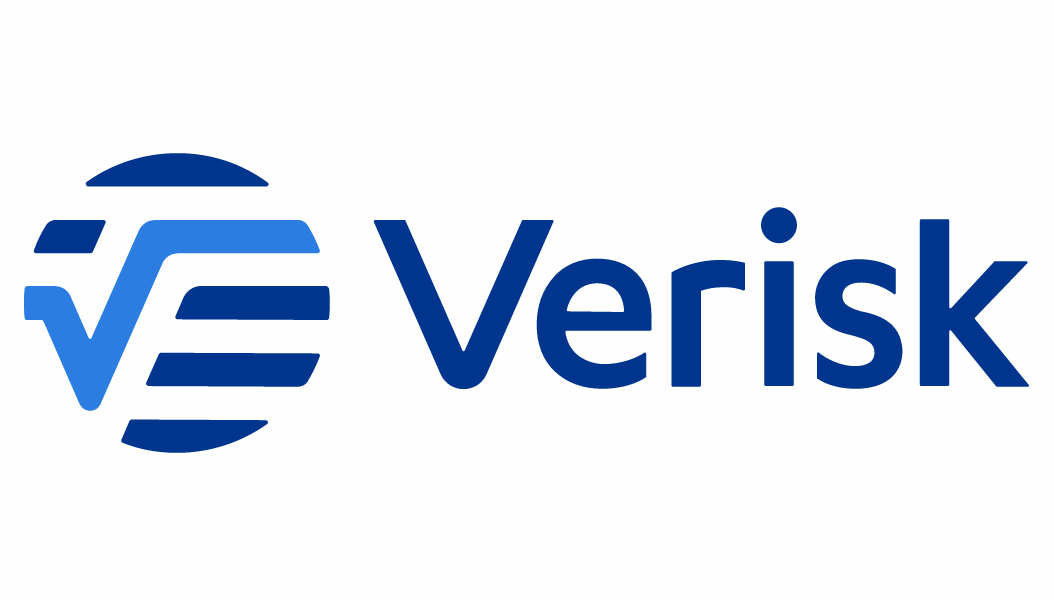
When it comes to choosing an insurance policy, one of the most important decisions you’ll face is the term length.Should you opt for a 6-month policy or commit to a 12-month term? While it may seem like a minor detail, the choice can significantly impact your finances, flexibility, and overall insurance experience.Let’s break down the key differences, benefits, and potential drawbacks of each option to help you make the best decision for your unique needs.
Understanding the Basics: What Are 6-Month and 12-Month Policies? Insurance policies typically come in two standard term lengths: 6 months or 12 months.The term length refers to the duration of your coverage before the policy expires and needs to be renewed.At the end of the term, your insurer will reassess your risk profile, which could lead to changes in your premium.
While both options offer the same fundamental coverage, the differences in term length can influence your overall experience with the policy.The Case for 6-Month Policies A 6-month insurance policy can be an excellent choice for individuals who value flexibility and want to stay on top of potential changes in their insurance needs.Here’s why: 1.
More Frequent Rate Adjustments With a 6-month policy, your premium is reassessed twice a year.This can be advantageous if your driving record improves, you move to a safer area, or other factors reduce your risk profile.For example, if you’ve recently completed a defensive driving course or your credit score has improved, you could see a reduction in your premium sooner than you would with a 12-month policy.
2.Easier to Switch Providers If you’re not entirely satisfied with your current insurer, a 6-month policy gives you the opportunity to shop around and switch providers more frequently.This can be particularly beneficial if you’re looking for better rates, improved customer service, or additional coverage options.
3.Ideal for Short-Term Needs A 6-month policy is a practical solution for individuals with temporary or transitional insurance needs.For instance, if you’re planning to sell your car, relocate, or make significant changes to your coverage, a shorter policy term can provide the flexibility you need without locking you into a long-term commitment.
The Case for 12-Month Policies On the other hand, a 12-month insurance policy offers stability and predictability, making it a popular choice for many policyholders.Here’s why you might prefer a longer-term policy: 1.Locked-In Rates One of the most significant advantages of a 12-month policy is that your premium remains fixed for the entire year.
This can provide peace of mind, especially in a fluctuating market where rates may increase due to inflation, regulatory changes, or other external factors.By locking in your rate, you can avoid mid-year surprises and budget more effectively.2.
Less Frequent Renewals Renewing your policy twice a year can be a hassle, especially if you have a busy schedule.With a 12-month policy, you only need to go through the renewal process once a year, saving you time and effort.3.
Long-Term Stability For individuals who prefer a “set it and forget it” approach, a 12-month policy offers the stability of knowing your coverage and rates won’t change for an entire year.This can be particularly appealing for families or businesses that value consistency in their insurance planning.4.
Potential Discounts Some insurers offer discounts for choosing a 12-month policy over a 6-month term.These discounts can make a longer policy more cost-effective in the long run, even if the upfront premium is slightly higher.Key Factors to Consider When deciding between a 6-month and 12-month policy, it’s essential to evaluate your unique circumstances and priorities.
Here are some key factors to consider: 1.Your Financial Situation If you’re on a tight budget, a 6-month policy might be more manageable, as it allows you to reassess your premium and potentially lower your costs sooner.However, if you can afford the stability of a 12-month policy, locking in your rate for a year could save you money in the long run.
2.Your Driving Record If you’ve recently had an accident or traffic violation, a 6-month policy might be a better option.This way, you can take advantage of any improvements in your driving record sooner, potentially lowering your premium at the next renewal.
3.Market Conditions In a volatile market where insurance rates are rising, a 12-month policy can protect you from mid-year rate hikes.Conversely, in a stable or declining market, a 6-month policy allows you to benefit from potential rate reductions more quickly.
4.Your Lifestyle If you anticipate significant life changes—such as moving, buying a new car, or changing jobs—a 6-month policy offers the flexibility to adjust your coverage more frequently.On the other hand, if your lifestyle is relatively stable, a 12-month policy might be the more convenient choice.
Real-World Scenarios: Which Policy Works Best? To illustrate the differences, let’s look at a few real-world scenarios: Scenario 1: The Young Driver A 22-year-old college graduate with a limited driving history opts for a 6-month policy.Why? They’re actively working to improve their credit score and driving record, and they want the opportunity to renegotiate their premium sooner rather than later.Scenario 2: The Family of Four A family with two cars and a stable income chooses a 12-month policy.
They value the predictability of locked-in rates and appreciate the convenience of renewing their policy only once a year.Scenario 3: The Business Owner A small business owner with a fleet of vehicles selects a 12-month commercial auto policy.The longer term provides stability and allows them to focus on running their business without worrying about frequent renewals.
Scenario 4: The Seasonal Worker A seasonal worker who relocates every six months for work opts for a 6-month policy.The shorter term aligns with their transient lifestyle and ensures they’re not paying for coverage they don’t need.Pros and Cons at a Glance Here’s a quick summary of the advantages and disadvantages of each policy type: Making the Right Choice Ultimately, the decision between a 6-month and 12-month insurance policy comes down to your individual needs and priorities.
If you value flexibility and the ability to adapt to changing circumstances, a 6-month policy might be the way to go.However, if you prefer stability and predictability, a 12-month policy could be the better option.Before making your decision, take the time to assess your financial situation, lifestyle, and long-term goals.
And don’t hesitate to consult with your insurance agent—they can provide personalized advice and help you weigh the pros and cons based on your unique circumstances.The Bottom Line Choosing the right insurance policy term is about more than just coverage—it’s about finding a solution that aligns with your lifestyle, budget, and future plans.Whether you go with a 6-month or 12-month policy, the key is to stay informed, proactive, and engaged in your insurance journey.
Are you ready to explore your options? Contact your insurance agent today to discuss which policy term is right for you.Together, we’ll find the perfect fit for your needs and set you up for success.
Publisher: Paradiso Insurance








